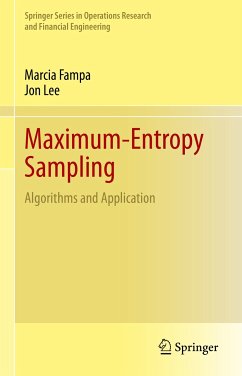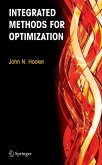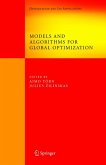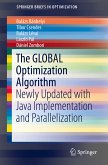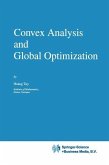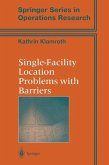This monograph presents a comprehensive treatment of the maximum-entropy sampling problem (MESP), which is a fascinating topic at the intersection of mathematical optimization and data science. The text situates MESP in information theory, as the algorithmic problem of calculating a sub-vector of pre-specificed size from a multivariate Gaussian random vector, so as to maximize Shannon's differential entropy. The text collects and expands on state-of-the-art algorithms for MESP, and addresses its application in the field of environmental monitoring. While MESP is a central optimization problem in the theory of statistical designs (particularly in the area of spatial monitoring), this book largely focuses on the unique challenges of its algorithmic side. From the perspective of mathematical-optimization methodology, MESP is rather unique (a 0/1 nonlinear program having a nonseparable objective function), and the algorithmic techniques employed are highly non-standard. In particular, successful techniques come from several disparate areas within the field of mathematical optimization; for example: convex optimization and duality, semidefinite programming, Lagrangian relaxation, dynamic programming, approximation algorithms, 0/1 optimization (e.g., branch-and-bound), extended formulation, and many aspects of matrix theory. The book is mainly aimed at graduate students and researchers in mathematical optimization and data analytics.
Dieser Download kann aus rechtlichen Gründen nur mit Rechnungsadresse in A, B, BG, CY, CZ, D, DK, EW, E, FIN, F, GR, HR, H, IRL, I, LT, L, LR, M, NL, PL, P, R, S, SLO, SK ausgeliefert werden.

